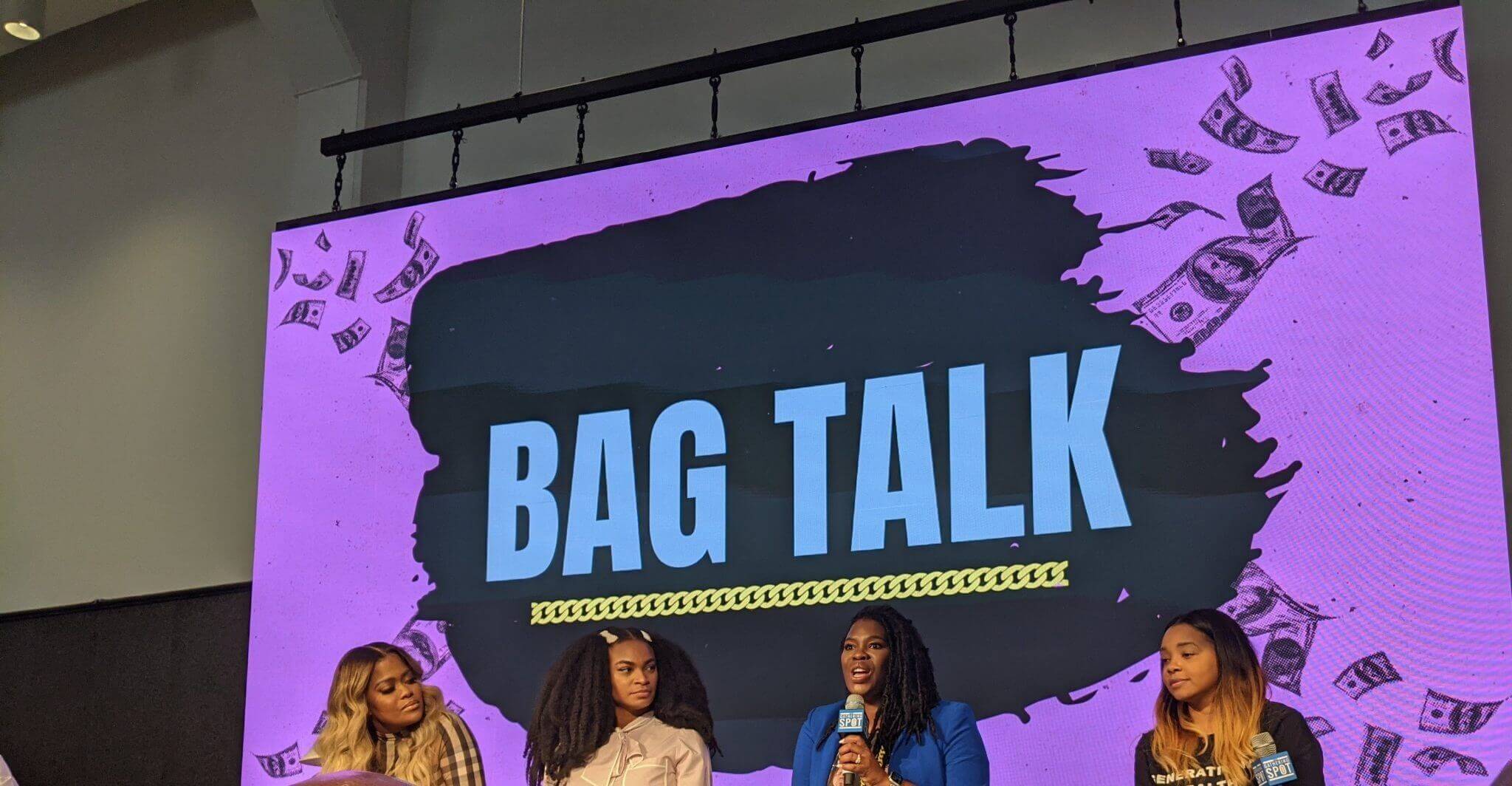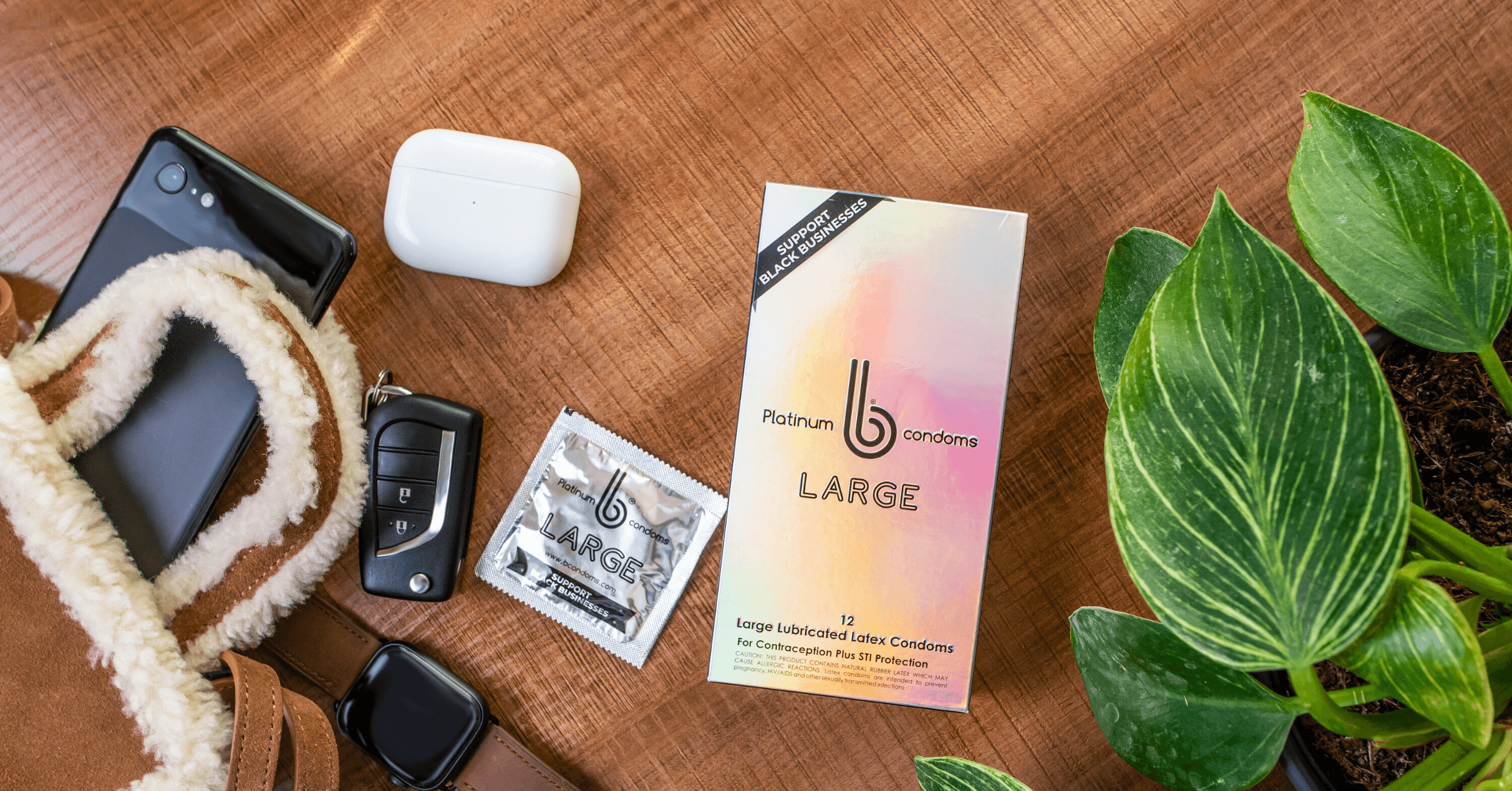In the midst of the upheaval brought by the pandemic and last summer’s racial reckoning, Black women founders pivoted their business models and negotiated contracts to stop companies from “tokenizing” them.
Jasmine Crowe, founder and CEO of Goodr, a tech-enabled food waste management company, became an ambassador for Dell and American Express in the last year.
“I negotiated that contract for multiple years because I wanted to make sure that it wasn’t just for 2020,” Crowe said during a keynote panel discussion at RenderATL, an annual software engineering conference that took place this week and one of the first large conferences to be almost exclusively in-person since the pandemic.
In the wake of George Floyd’s murder, companies committed $50 billion to racial equity, but experts have cautioned the money was just a one-time PR move.
“A lot of organizations saw the importance of a Black female-owned company, and I understand the time and the climate we’re in, you’re not going to utilize me for this moment to take a picture with me to be the token,” Karen Civil, CEO of branding and marketing agency Always Civil Enterprise, told The Plug after the keynote.
“With a lot of relationships I made sure like, ‘Okay, I understand you want to have this relationship,’ and similar to what [Crowe was] saying, ‘This needs to be a partnership for the next one to five years,’” Civil added.
Pandemic pivots
Last summer’s racial reckoning also came at a time when businesses were having to pivot just to stay afloat amidst the coronavirus pandemic.
For Crowe and Civil, though their businesses are in two very different industries, they still relied heavily on in-person entertainment events.
Before the pandemic, Crowe’s customers were airports, convention centers, stadiums and arenas. At the end of the night, Goodr would pick up their excess food and distribute it to non-profits.
“When all the venues closed, I was like, ‘Gosh, we’re gonna go out of business,’” Crowe told The Plug.
But when the lockdowns first began, Crowe shifted her mindset, knowing that people would still need food during this time. Goodr’s first pandemic-era contract was with Atlanta Public Schools, helping deliver the free meals kids usually got in school.
“We became kind of like the free Instacart. So for families who didn’t have technology, senior citizens who couldn’t order groceries, Goodr became that for them,” Crowe said.
She thinks the pivots Goodr made are here to stay, alongside its pre-pandemic models.
For Karen Civil, one of the core pieces of her business was producing in-person events for her clients, who have ranged from Hillary Clinton to Nipsey Hussle.
“That’s where a large chunk of my money comes from,” Civil said.
So she pivoted to the digital space and figured out how to integrate with the technologies people began turning to in the pandemic, like TikTok and the video game Fortnite.
“COVID helped me expand how I did my business, who I partnered with, how I took brand deals and how I took opportunities,” Civil added.
Sheena Allen, another RenderATL keynote panelist and founder and CEO of fintech company CapWay, was already in the digital space pre-pandemic, but ended up making changes that expanded her market.
“It went from just having a debit card to really having a full system,” Allen told The Plug.
CapWay is expanding into hardware, POS systems and payment rails. Allen is making it so that even if a consumer doesn’t bank with CapWay, they transact with CapWay.
But the pandemic affected physical businesses in a completely different way.
“Brick and mortar was very, very difficult,” Krystal Garner, Senior Vice President of B.A.M. Creative and General Manager of the Trap Music Museum, told The Plug.
The museum employed around 70 people when lockdowns began and would get around 7,000 visitors every weekend. “The week prior to the official shutdown, we had a little War Room discussion, like ‘What are we going to do?’” Garner said.
They ended up paying their employees throughout the museum’s closure and shifted to doing virtual events through Instagram.
The museum is now open again and though the visitorship hasn’t quite reached pre-pandemic levels, it’s still around 5,000 visitors every week, so the museum has kept a mask mandate in place and offers weekly Covid testing for its employees.
“We were really focused on making sure that we were taking care of the home team first,” Garner said.








